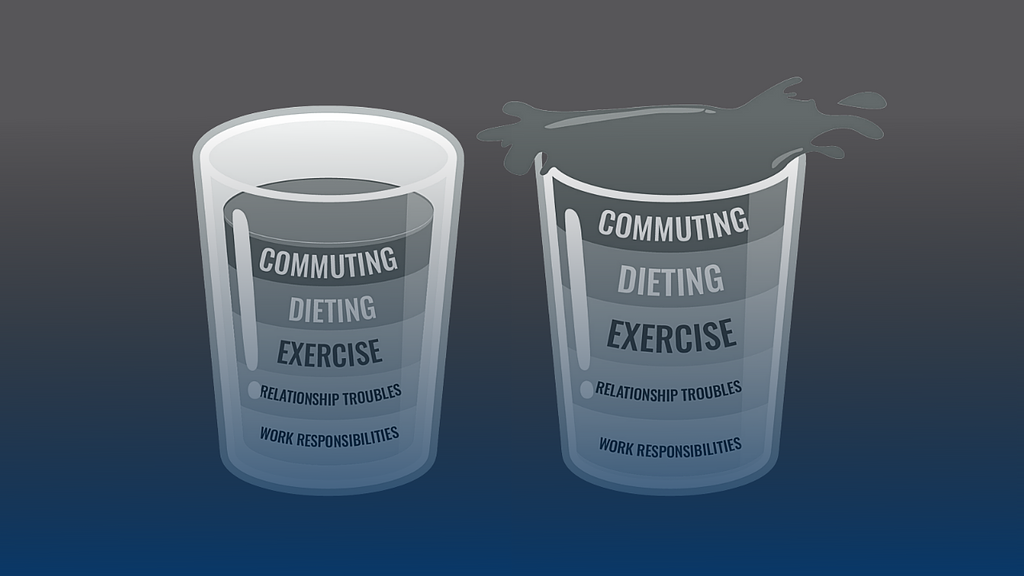- Don’t need more than 3-4 hours of sleep a night
- Build muscle and lose body fat by just looking at weights and eating Krispy Kremes everyday
- Can work 16 hours a day and stay cool as a cucumber
- Low levels of sleep
- Stress prone tendencies like overthinking, paralysis by analysis & indecisiveness
- Loads of life stressors like a demanding job and bad relationships
So What's The Problem Here?

How Will Stress Affect My Results?
- Reduced quality & quantity of sleep
- Negative effect on hormone production, e.g. testosterone & thyroid
- Poor quality digestion – your body will be unable to use and absorb the nutrients necessary to build muscle and lose body fat
- Overactive muscle tension – especially in the neck & upper back region. Your body will also be much more prone to injury if you’re always ‘tight’
- Weakened immune system – if you’re always getting sick you won’t make progress
- If you can’t sleep well you won’t recover
- If you’ve got the testosterone count of a hamster, you won’t build muscle
- If you can’t digest any food, your body won’t effectively partition any nutrients to your muscles and vital organs
- If you’re always injured, you won’t be able to apply progressive overload
- If you’re always sick, you’ll never be able to stay consistent.
How Will I Know If My Cup Is Too Full?
Think about guys like Arnold and The Rock. Their cups aren’t overflowing. They’re dominating and crushing it because they’re in control and keep a lid on their stress.
Contrast that to us ‘normal’ folk, and we’ll typically end up with these symptoms:
- Fatigue in the morning and all day
- Wired at night despite being tired
- Struggling to stay asleep
- Always getting sick
- Constant cravings for sugar, salt and calorie dense foods
- Poor recovery from training – always feeling like you’ve been hit by a bus
- Difficulty building muscle and losing body fat – your body will be in a constant state of ‘fight or flight’ vs. the preferred ‘rest and digest’
Why Do We Feel Like This?
How Should We Handle Stress?
- Go for a walk outside
- Have more sex
- Listen to relaxing music
- Schedule more fun time with friends and family

.png)
.png)
.png)